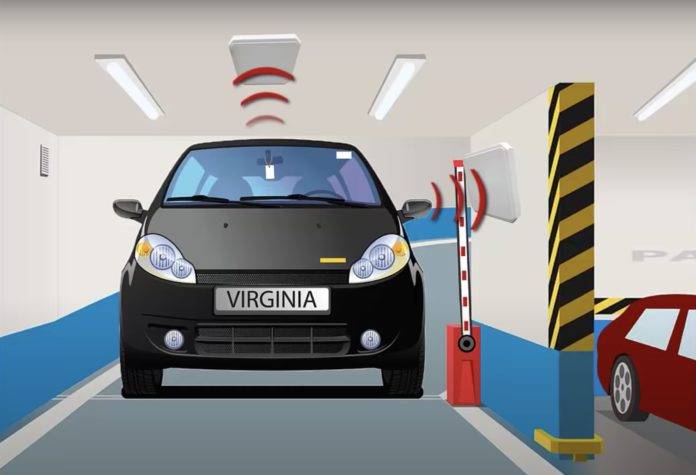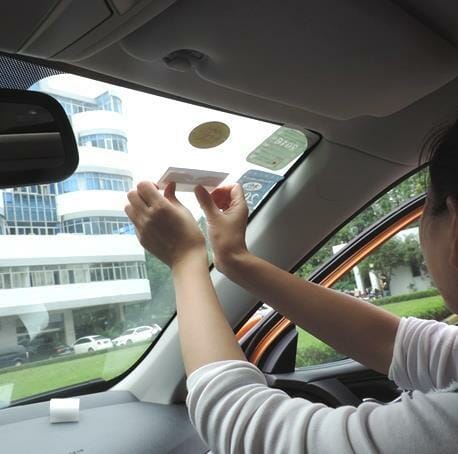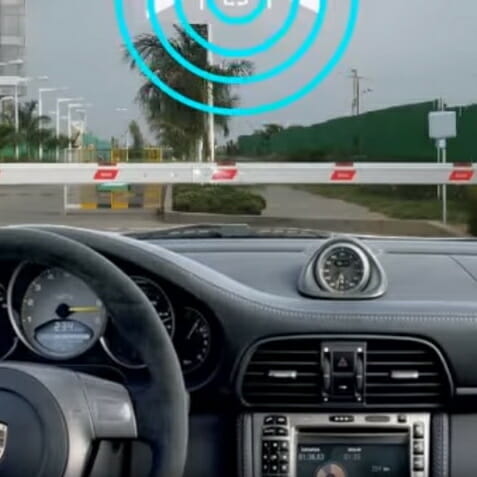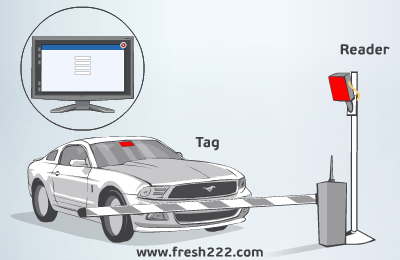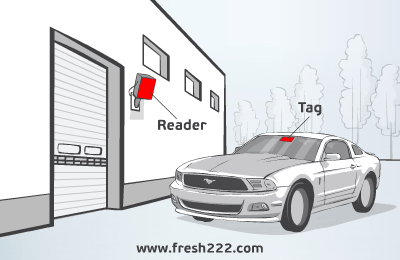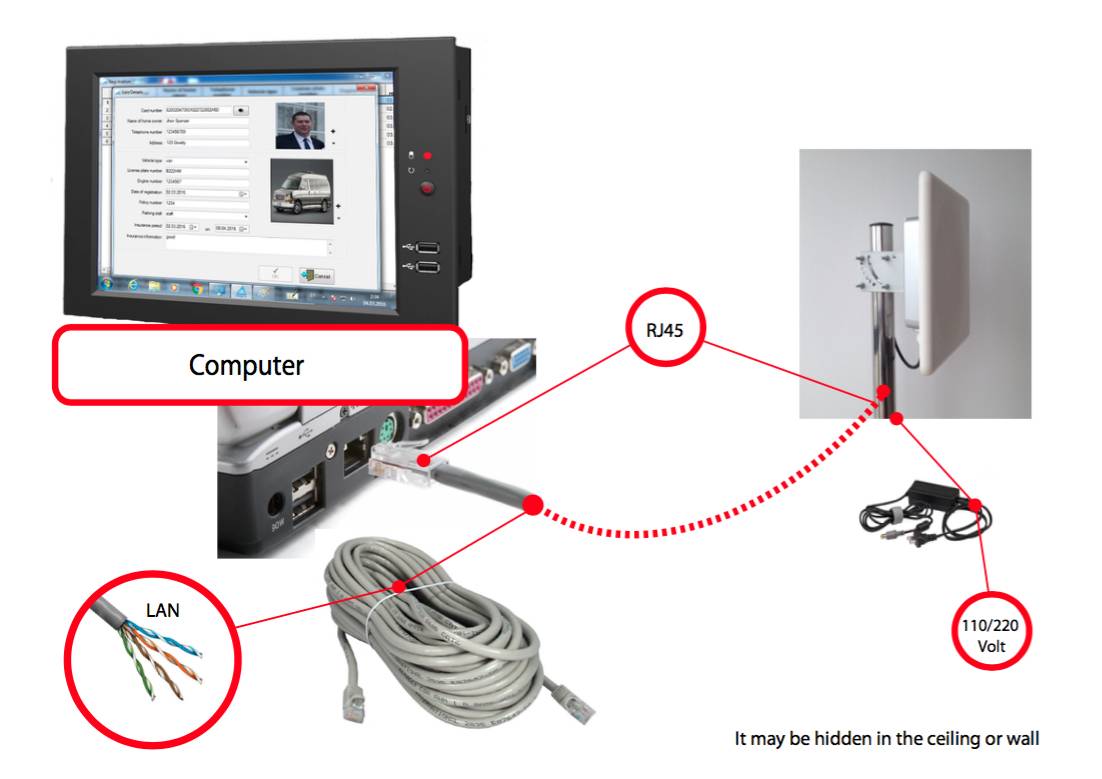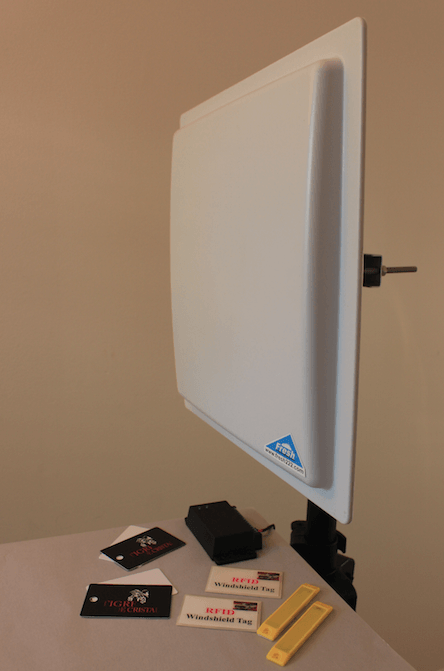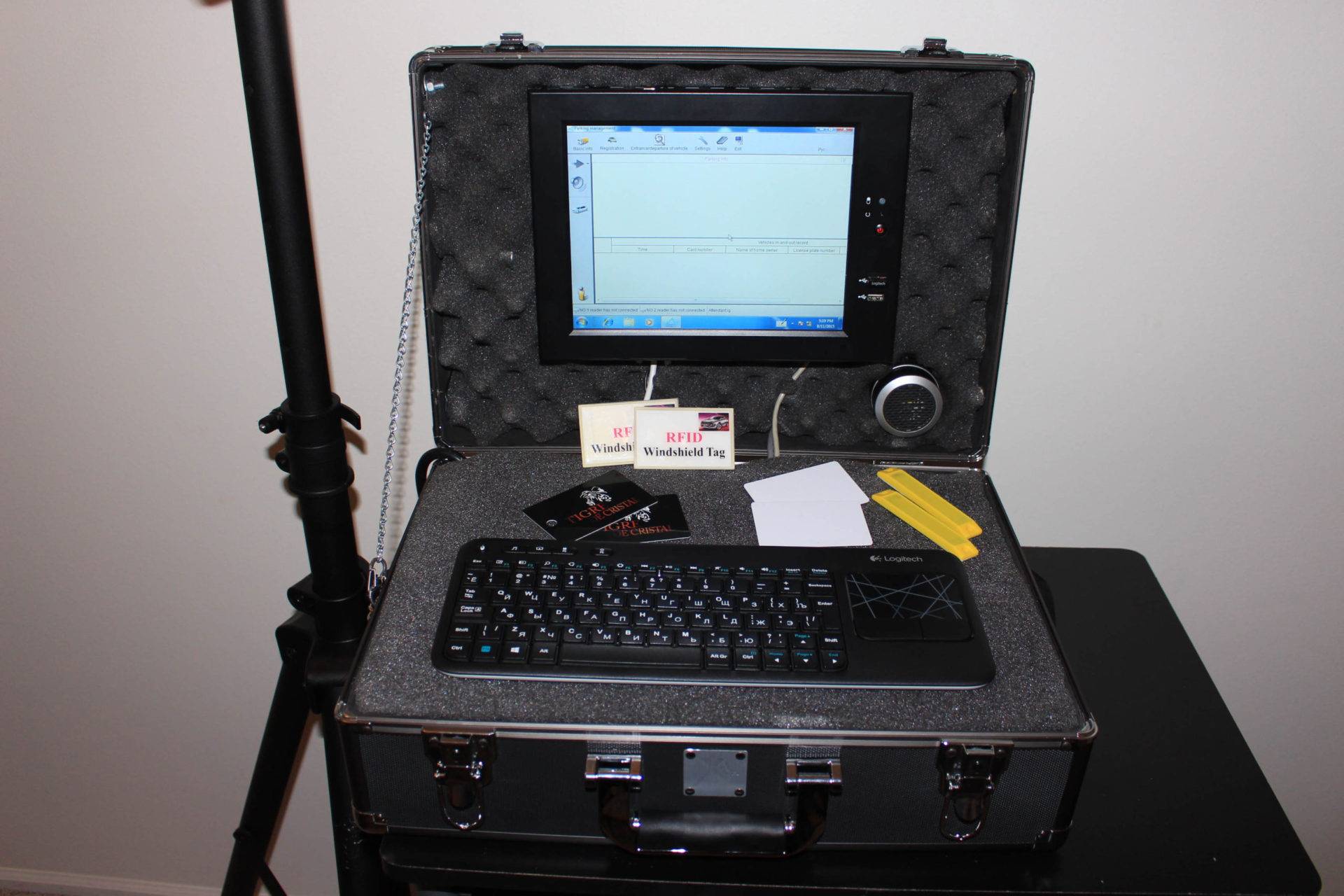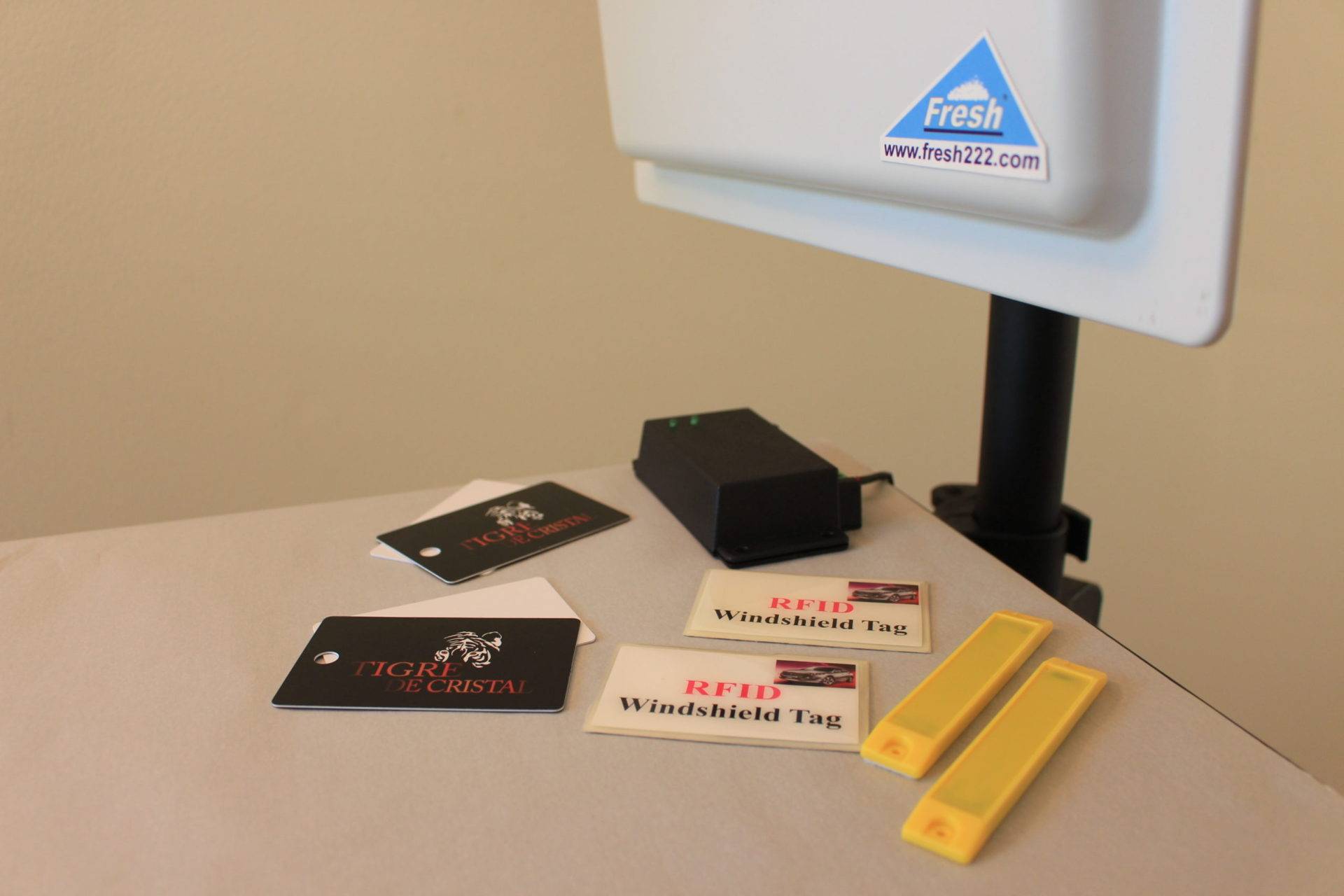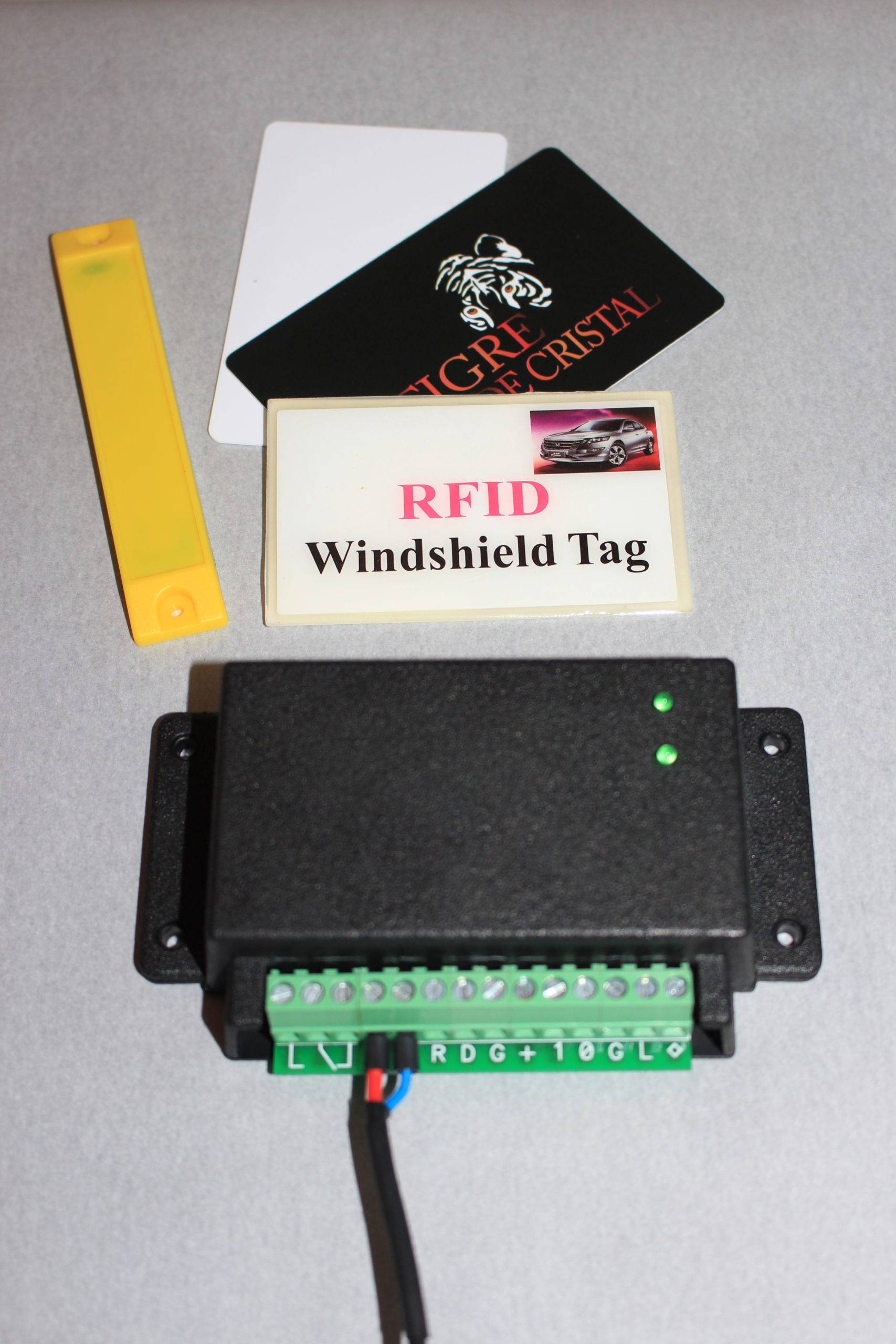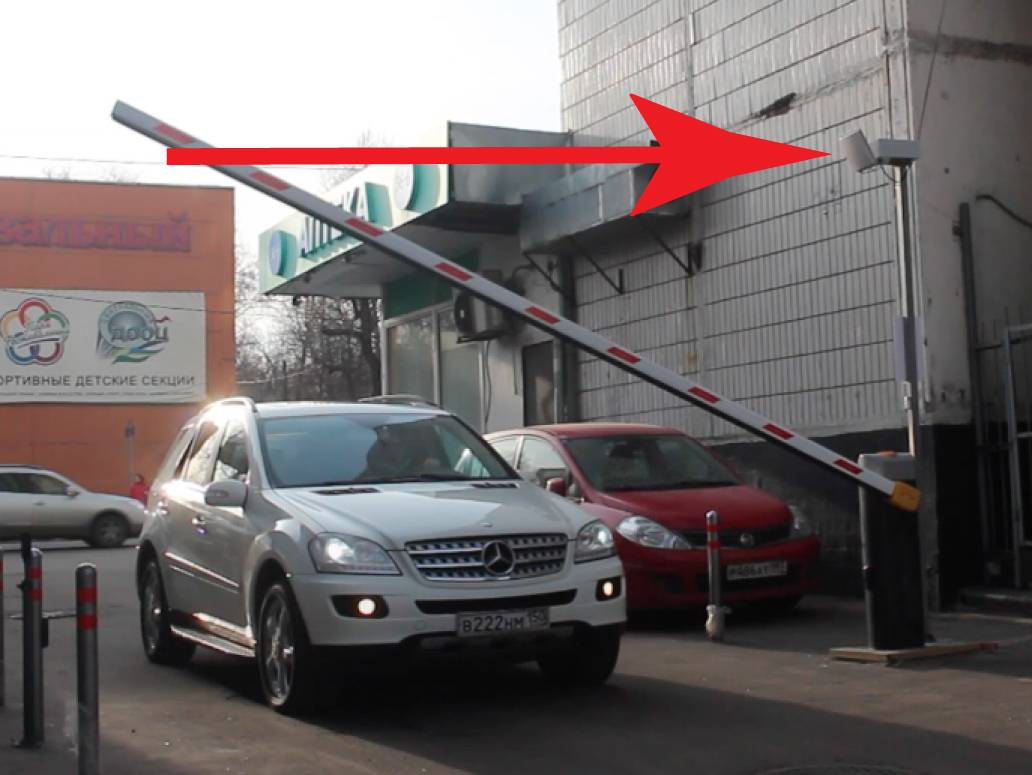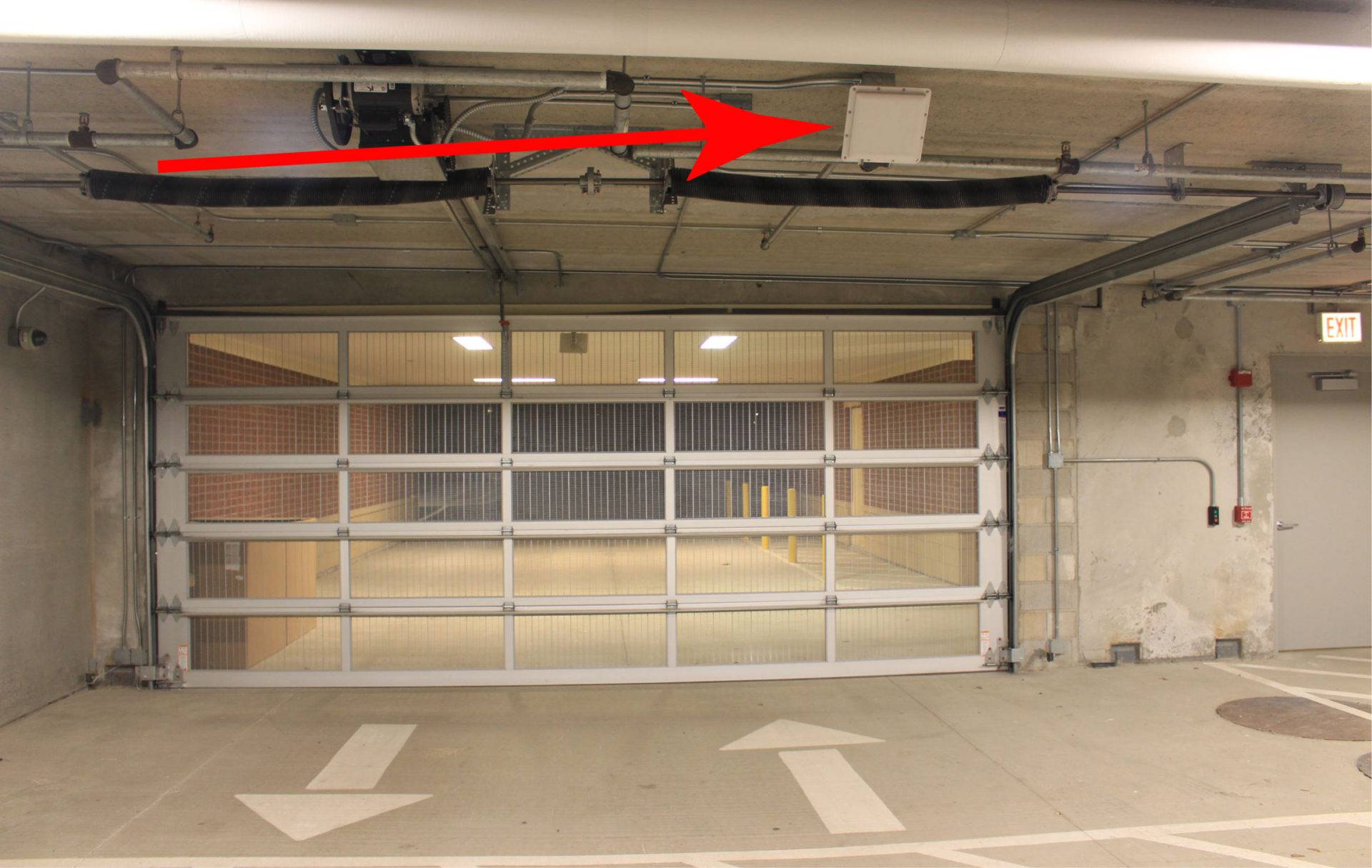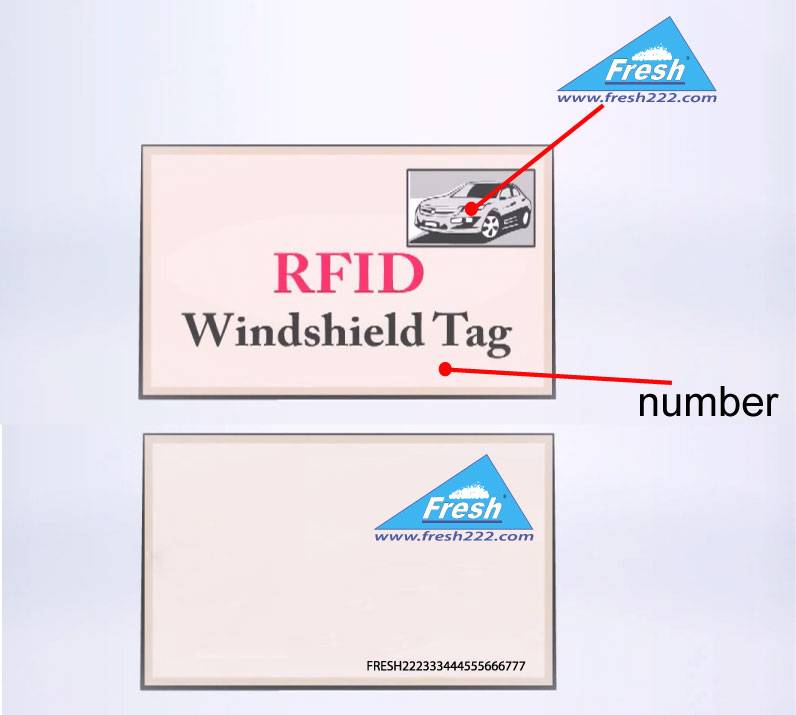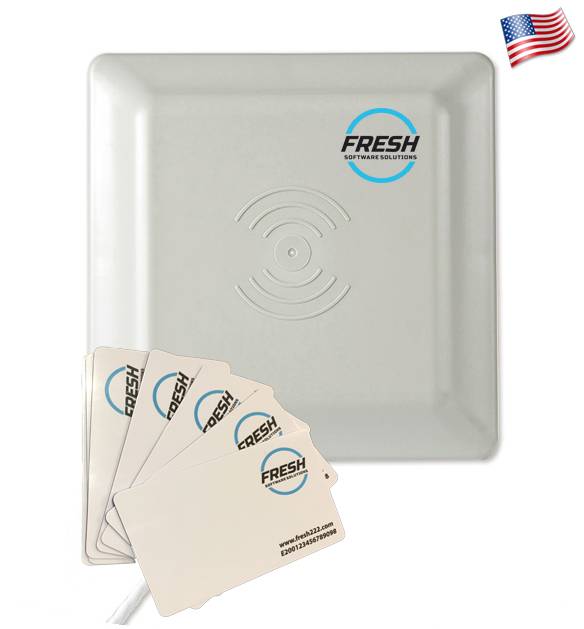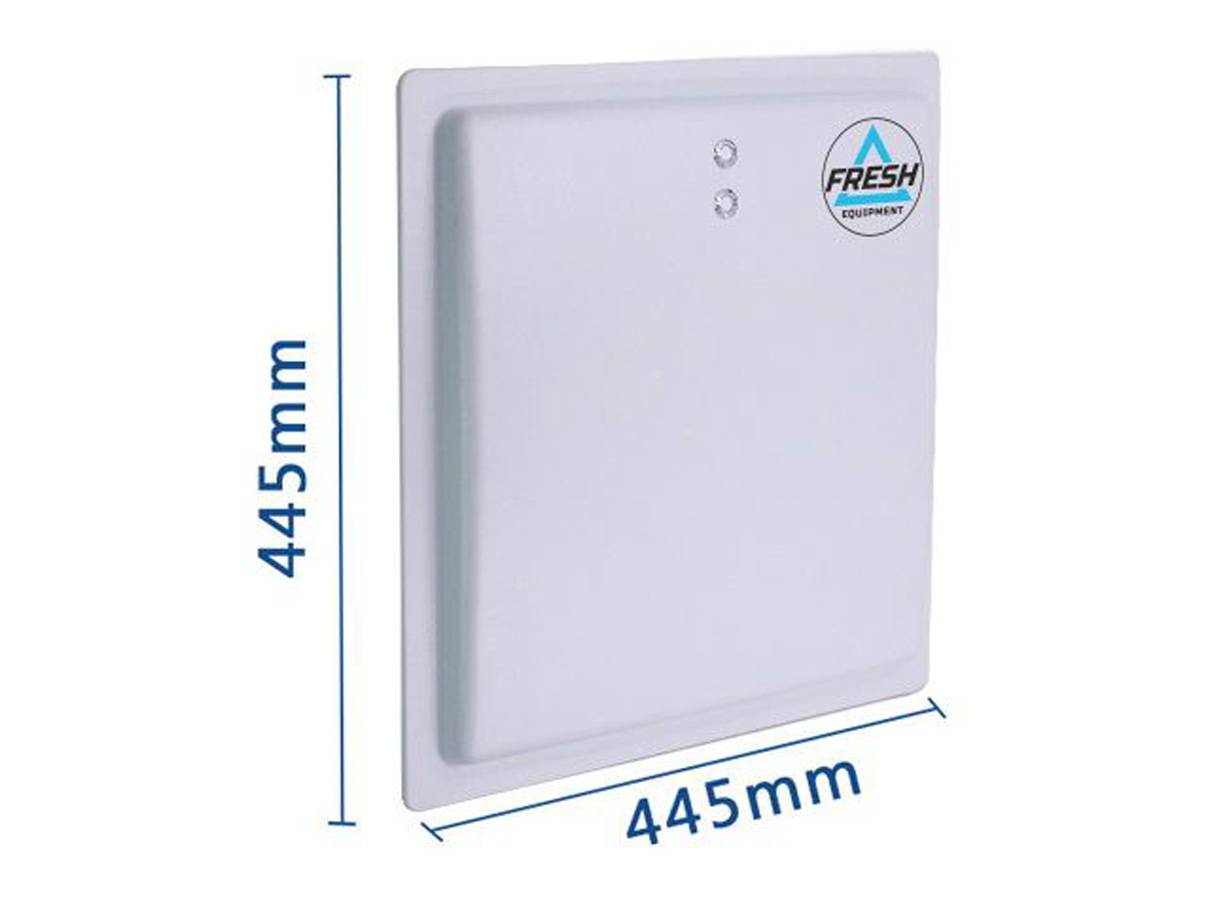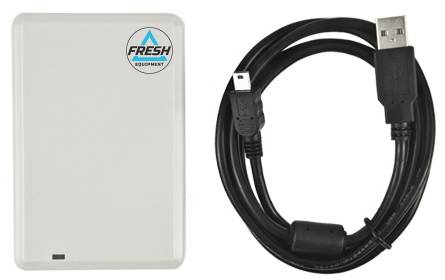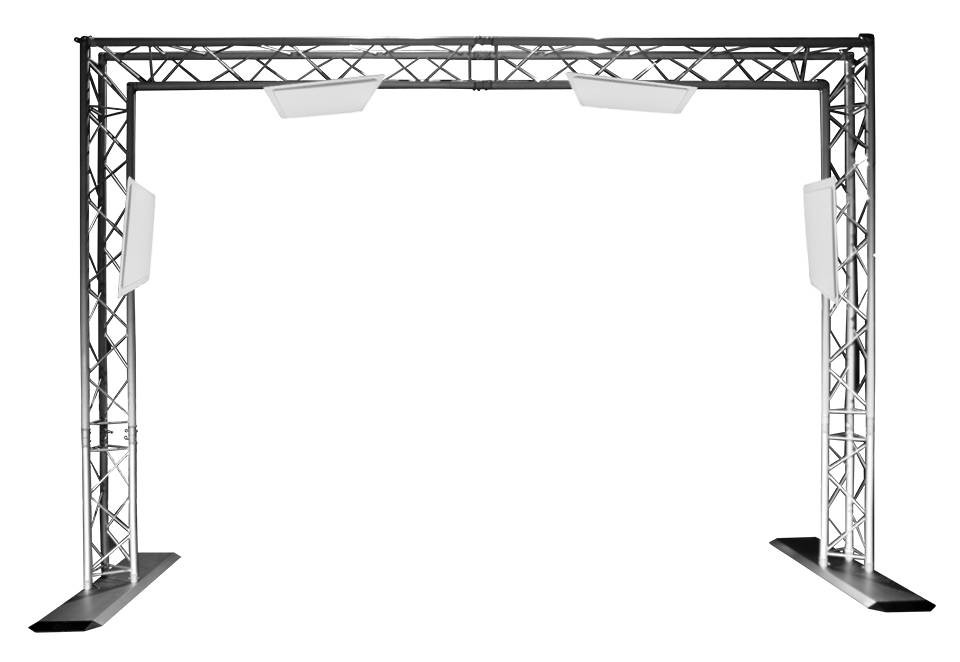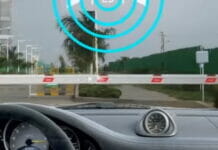Prices / Buy Systems Write A Request
Software Download Free Online Estimate
A car parking management system is a software application that helps to manage and control the parking of vehicles in a parking lot or garage. It is designed to simplify the parking process by providing real-time information about the availability of parking spaces, and to automate the process of issuing and collecting parking fees.
We provide professional installation and configuration of parking management systems for seamless and secure operation. Contact us today! 🚗🔧
Seamless Parking Management System with I-PASS & E-ZPass Compatibility
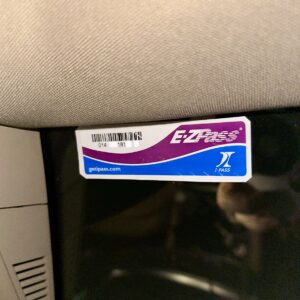
Our Parking Management System is fully compatible with the I-PASS and E-ZPass network, allowing users to enjoy a hassle-free parking experience across multiple states. With built-in RFID sticker tag recognition, drivers can seamlessly use their existing I-PASS or E-ZPass tags without the need for additional modifications or extra credentials.
Effortless Access Across 19 States
The RFID technology integrated into our Parking Management System ensures automatic vehicle identification at entry and exit points, offering fast and contactless access. This advanced system is accepted in 19 states, including:
✅ Midwest Region – Minnesota, Illinois, Indiana, Ohio, Kentucky
✅ Northeast & Mid-Atlantic – Virginia, West Virginia, Pennsylvania, New York, Maryland, New Jersey, Delaware, Massachusetts, Rhode Island, New Hampshire, Maine
✅ Southern Region – North Carolina, Florida
The Benefits of Our Parking Management System
- One Tag for Multiple Locations – Use your I-PASS or E-ZPass sticker across toll roads, parking facilities, and restricted access areas without carrying multiple passes.
- Automatic, Contactless Entry – Experience smooth, frictionless parking access with RFID-powered gate operations.
- Multi-State Coverage – Whether commuting locally or traveling across states, your RFID tag works in all E-ZPass-supported locations.
- Enhanced Security & Convenience – Our system provides secure access control, ensuring that only authorized vehicles enter controlled areas.
With our Parking Management System, users can park efficiently, reduce wait times, and enjoy seamless travel across multiple states without the hassle of additional tags or manual entry systems. 🚗✨
What Is Car Parking Management System
The system typically consists of hardware and software components. The hardware includes sensors, cameras, and other devices that are used to monitor the availability of parking spaces and to collect data about the vehicles parked in the lot. The software component of the system processes this data and provides a user interface for parking attendants and customers.
A car parking management system can help to improve the efficiency of parking operations, reduce congestion in the parking lot, and increase revenue for parking lot owners. It can also provide a better customer experience by reducing the time it takes to find a parking space and by simplifying the payment process.
Car parking management systems and equipment developed by FRESH USA have the best solutions. For more information, follow the link about parking systems.
Using RFID Technology In Car Parking Management Systems
Car parking management systems that use RFID UHF (Ultra High Frequency)* technology have become increasingly popular in recent years. RFID UHF technology allows for automated vehicle identification and tracking, which can greatly improve the efficiency of parking operations.
We provide Lifetime Software License. No Subscriptions, No Monthly Fees!
In a car parking management system with RFID UHF technology, each vehicle is fitted with an RFID tag** that contains a unique identification number. As the vehicle enters the parking lot, an RFID reader located at the entrance gate reads the tag and records the time and date of entry. As the vehicle leaves the parking lot, the same process is repeated at the exit gate, and the system calculates the parking fee based on the duration of the stay.
Our RFID UHF Readers are designed to provide precise and focused functionality. They come equipped with customizable settings that allow you to adjust both the detection range and the angle of coverage. This means you can easily modify the reader’s effective area and distance to suit your specific needs. Installation is straightforward when following the provided instructions, ensuring optimal performance and coverage. You can order a reliable and advanced smart parking management systems from Fresh USA.
*Ultra High Frequency: 860-940 MHz.
**Parking access control tags, watch the VIDEO
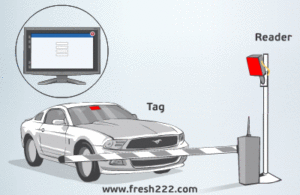
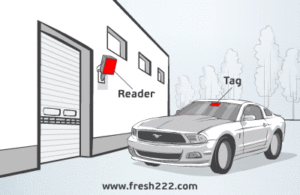
The Advantages of Using RFID Technology in a Car Parking Management
The system include:
- Improved accuracy and speed of vehicle identification: The use of RFID technology allows for quick and accurate identification of vehicles, which reduces the time it takes for vehicles to enter and exit the parking lot.
- Increased security: RFID technology can be used to track the movement of vehicles within the parking lot, which can improve the overall security of the facility.
- Reduced operational costs: Automated vehicle identification and tracking can help to reduce the need for manual labor, which can reduce operational costs and increase profitability.
- Enhanced customer experience: RFID technology can help to simplify the parking process for customers, which can enhance their overall experience and increase customer satisfaction.
Overall, a car parking management system with RFID UHF technology can offer significant benefits for parking lot owners, operators, and customers alike.
How Car Parking Management Systems Work
Here’s a general overview of how such Car parking management systems might work:
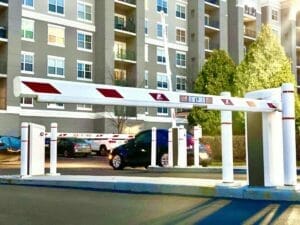
- RFID tag installation: Each vehicle that wants to use the parking lot must be fitted with an RFID tag that contains a unique identification number. The tag can be attached to the windshield, dashboard, or other visible location on the vehicle.
- Entry gate RFID reader: An RFID reader is installed at the entrance gate of the parking lot. As a vehicle approaches the gate, the reader uses UHF radio waves to read the tag on the vehicle and record the time and date of entry.
- Barrier control: After the tag is read, the parking barrier is raised to allow the vehicle to enter the parking lot.
- Parking spot assignment: If the parking lot is divided into numbered parking spots, the system can assign a spot to the vehicle based on the availability at the time of entry.
- Exit gate RFID reader: An RFID reader is also installed at the exit gate of the parking lot. As the vehicle approaches the gate to exit, the reader reads the tag again and records the time and date of exit.
- Payment calculation: The system calculates the parking fee based on the duration of the stay, and any other applicable fees or discounts.
- Payment collection: The customer can pay the parking fee using a variety of methods, such as cash, credit card, or mobile payment. If the fee is not paid, the system can prevent the barrier from opening, forcing the customer to pay before leaving the lot.
Some car parking management systems that use RFID UHF technology may also include additional features, such as real-time occupancy monitoring, parking guidance systems, and remote monitoring and control.
We provide professional installation and configuration of parking management systems for seamless and secure operation. Contact us today! 🚗🔧
Things To Remember When Looking For Car Parking Systems RFID
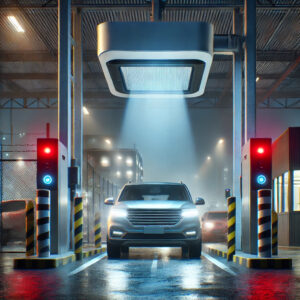
When looking for a car parking management system that uses RFID technology, there are several things to keep in mind. Here are some key factors to consider:
Compatibility: Make sure that the RFID system is compatible with your existing parking equipment, such as barriers, payment terminals, and occupancy sensors. Also, ensure that the system can integrate with any other relevant systems, such as security cameras, access control systems, and mobile apps.
Range and accuracy: Check the range and accuracy of the RFID system to ensure that it can effectively read and identify the tags on the vehicles as they enter and exit the parking lot.
Scalability: Consider whether the system can be easily scaled up or down to accommodate changes in demand or facility size.
Customization: Look for a system that can be customized to meet your specific needs, such as adding or removing features, adjusting the user interface, or integrating with other systems.
Reliability and maintenance: Choose a system that is reliable and requires minimal maintenance, to ensure that it can operate continuously and with minimal downtime.
Security: Ensure that the system has robust security features to prevent unauthorized access, data breaches, and other security threats.
Cost: Consider the cost of the system, including installation, maintenance, and ongoing operational expenses, to ensure that it is cost-effective and provides a good return on investment.
We provide Lifetime Software License. No Subscriptions, No Monthly Fees!
By considering these factors, you can choose a car parking management system with RFID technology that meets your specific needs, improves efficiency, and enhances the customer experience.
Use of Long-Range Wireless Technologies In Smart Parking
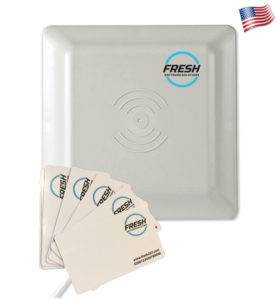
Parking access control systems manufactured by FRESH USA have been tested for many years of use around the world and work perfectly in all weather conditions. Car parking management system developed by Fresh USA uses only contactless technologies such as Wi-Fi, 4G / LTE and RFID UHF long range distance with a frequency of 860MHz – 960MHz. You can integrate the parking management software with other third-party software or your ERP system using a SQL database or deploy a Web-service.
You would be surprised to know the car parking management system has no essential of any controller as each peruser going with worked in memory for a vast names number. Since the initiation of the RFID parking system, it has transformed into an astounding response for parking spaces, garages, strip malls, school grounds. To lay it out simply, you can grasp that it’s a robotized opening of an entryway or obstruction you see in tremendous MNC Companies. Is it exact to state that you are pondering the most astonishing things about RFID car parking management systems? If genuinely, by then, keep reading! There are without hand and motorized RFID car parking management systems which are adequate for garages, grounds, networks that are gated, parking parts and another zone where vehicle control locale is required. We provide professional installation and configuration of parking management systems for seamless and secure operation. Contact us today! 🚗🔧
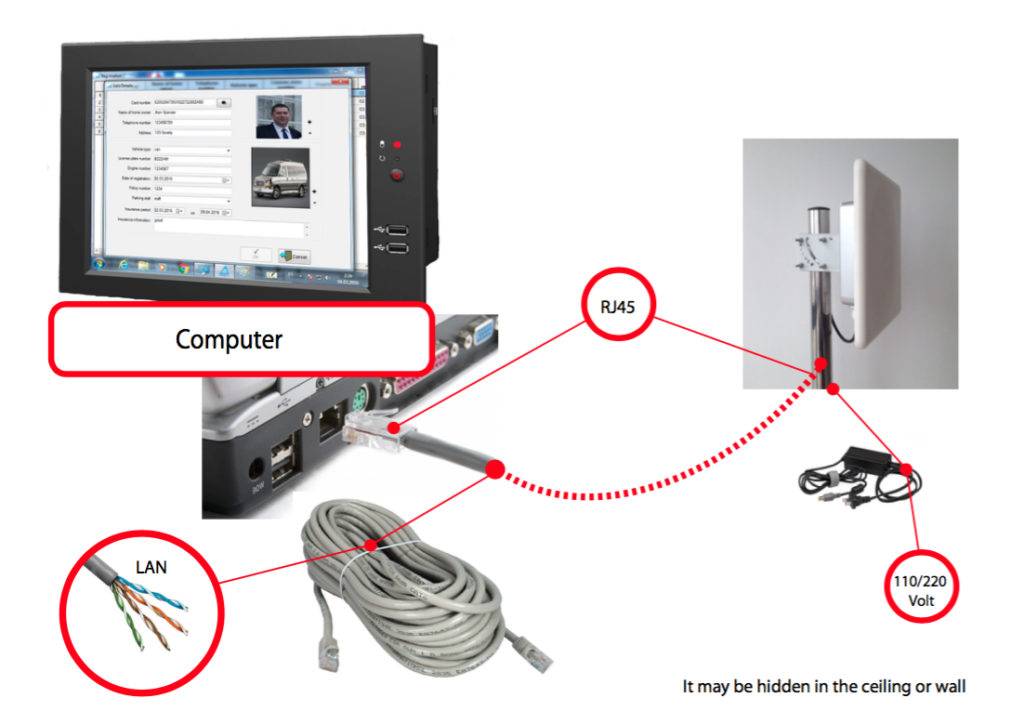
Chicago, Car Parking Management Systems
Prices / Buy Systems Write A Request
Software Download Free Online Estimate
Parking Management Systems
Parking in busy cities or large venues can be a frustrating experience. Drivers often circle around searching for an open spot, wasting time and fuel, while parking lot owners deal with congestion, security issues, and lost revenue. In fact, mismanaged parking costs enterprises more than $200 billion annually. Parking management systems offer a smart solution. A parking management system uses technology – like RFID tags, license plate recognition cameras, mobile parking apps, and automated guidance sensors – to control access, monitor space availability, handle payments, and guide drivers. In doing so, it automates parking operations for greater efficiency and convenience.
We provide Lifetime Software License.
No Subscriptions, No Monthly Fees!
Why Parking Management Systems Are Important
As cities grow and vehicles increase, limited parking and lack of organization lead to long searches for drivers and more traffic congestion. Mismanaged parking can also cost businesses and cities hundreds of billions in lost productivity and revenue. Parking management systems help by optimizing space use and reducing chaos.
These systems also improve the driver experience and traffic flow. For example, using a parking app or digital signage to find open spaces can cut search time by 30–50% and reduce traffic in busy areas by around 10%. Fewer cars circling means less frustration and lower emissions. In short, effective parking management benefits everyone by making parking easier and reducing congestion.
Prices / Buy Systems Write A Request
Software Download Free Online Estimate
Key Features of Modern Parking Management Systems
Modern parking management systems offer several features that automate and simplify operations:
- Automated Access Control: Automatically admits authorized vehicles (using RFID tags or license plate recognition) at gates without manual checks.
- Space Monitoring & Guidance: Sensors or cameras detect free and occupied spots and guide drivers to available spaces via electronic signs or lights, greatly reducing search time.
- Digital Payment: Cashless payment options via kiosks or mobile apps eliminate cash handling and speed up exit times.
- Security & Enforcement: Surveillance integration and automatic alerts enhance safety. Cameras and license plate logs help detect unauthorized vehicles and simplify enforcement.
Benefits of Parking Management Systems
A modern parking management system offers multiple benefits:
- Greater Efficiency and Space Use: Every spot is used optimally. Drivers are quickly directed to empty spots, so fewer spots stay idle and more vehicles can be accommodated.
- Improved Customer Convenience: Parking becomes less stressful. Real-time guidance and easy, cashless payments mean drivers spend less time parking and more time at their destination.
- Higher Revenue: Better oversight leads to higher paid occupancy and fewer violations. More vehicles can park over time, and automation reduces staffing needs and errors. Often, the boost in revenue offsets the system’s cost.
Prices / Buy Systems Write A Request
Software Download Free Online Estimate
Comparison of Parking Management Technologies
Various technologies are used to implement parking management (often combined in one system). The table below compares four common options – RFID, License Plate Recognition (LPR), Mobile App-Based systems, and Automated Parking Guidance systems (APGS) – in terms of accuracy, cost, ease of implementation, scalability, and security:
| Technology | Accuracy | Cost | Ease of Implementation | Scalability | Security |
|---|---|---|---|---|---|
| RFID | Near 100% (unobstructed tag read); not affected by weather. | Moderate – needs reader hardware and RFID tags. Tags are cheap, but installing readers and distributing tags adds upfront cost. | Moderate – install readers at entry/exit and issue tags to drivers. Once set up, it runs automatically. | High – easy to expand (issue more tags); readers can handle many vehicles at once. | High – encrypted tag-reader communication makes cloning tags extremely difficult. |
| License Plate Recognition | High in good conditions; lower if plates are dirty, poorly lit, or obscured by weather. | High upfront cost – cameras and recognition software are expensive (no per-vehicle tags needed). Requires ongoing camera/software maintenance. | Moderate – install cameras and set up the software. Easy for drivers (uses existing license plates; no extra device needed). | High – scalable to large facilities by adding cameras for more lanes. Mostly limited by processing power for image recognition. | Moderate – data can be encrypted, but license plates are public (plates can be forged). No physical tag to steal, though plate cloning is a possible risk. |
| Mobile App-Based | Variable – high accuracy if combined with sensors or LPR; lower if relying only on user input. | Low – primarily software-based. Minimal hardware needed (aside from basic signage); leverages drivers’ smartphones and cloud services. | Easy – very little installation. The main task is getting users to download and use the app. Management and updates are handled via the cloud. | Excellent – cloud-based service scales to any number of users and multiple locations with no major infrastructure changes. | Good – secure logins and encrypted payments protect data. No physical permits to copy; digital data must be safeguarded with good cybersecurity practices. |
| Parking Guidance (APGS) | Very high – ~95% accuracy in detecting free vs. occupied spaces with modern sensors/cameras. | Very high – requires major investment in sensors or camera units for many/all spaces, plus central software and displays. Best for large garages where guiding drivers yields big efficiency gains. | Difficult – extensive hardware installation and network integration required. Easiest when incorporated into new facilities or major upgrades. | Scalable in sections – additional sensors/cameras can be added, but each expansion incurs significant cost. | High – often includes CCTV surveillance, boosting safety. The main concern is securing the system’s network to prevent hacking or tampering. |
We provide Lifetime Software License.
No Subscriptions, No Monthly Fees!
Frequently Asked Questions (FAQs)
What is a parking management system?
It’s a technology solution that automates the running of a parking facility – controlling vehicle entry, monitoring available spaces, and handling payments – to make parking more efficient and convenient.
How do parking management systems work?
They use technology to monitor vehicles and coordinate the parking process. When a car enters, the system detects it (using a sensor or camera) and identifies it by an RFID tag or license plate. It then updates the count of free spaces and may direct the driver to an open spot. Upon exit, it calculates the fee and processes the payment automatically while lifting the gate. In short, every step of parking – finding a spot, access control, and payment – is handled by the system.
What technologies are used in these systems?
Common components include RFID tags and readers (for automatic gate access), license plate recognition cameras, mobile parking apps (for guiding users and processing payments), and parking sensors or counters (to detect vehicle presence). Many systems combine these – for example, a city might use sensors and cameras to track occupancy and then share that data via an app so drivers can find and pay for parking.
Are parking management systems secure?
Yes. These systems use encryption and authentication to prevent hacking and unauthorized access. For example, RFID tags carry encrypted codes, and data from cameras and payment apps is transmitted securely. By allowing only authorized vehicles in and monitoring activity, the system also enhances the physical security of the parking facility. As long as software is kept updated and other cybersecurity best practices are followed, parking management systems are very secure.
How much do these systems cost?
Costs range from a few thousand dollars for a basic setup to hundreds of thousands for a large, advanced system. It depends on the scope – adding a simple mobile payment app is inexpensive, whereas installing gates, cameras, and sensors across a big garage is more costly. However, the investment often pays for itself by increasing parking revenue (through better utilization and fee collection) and reducing the labor costs associated with manual management.
Prices / Buy Systems Write A Request
Software Download Free Online Estimate

